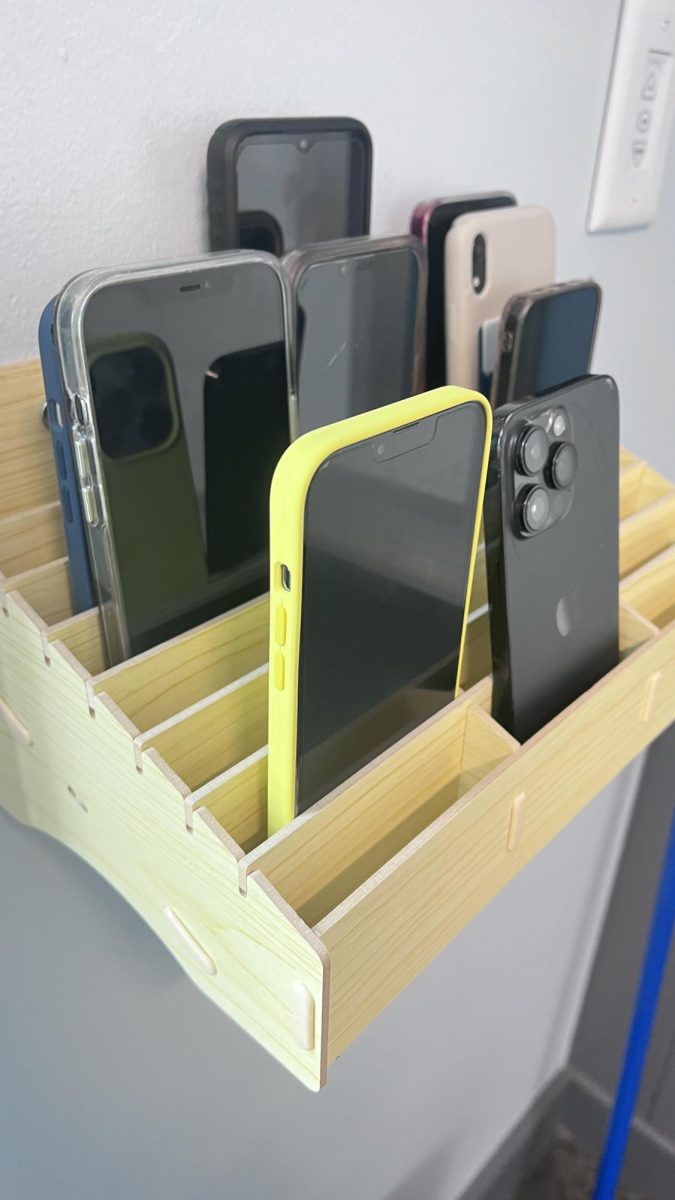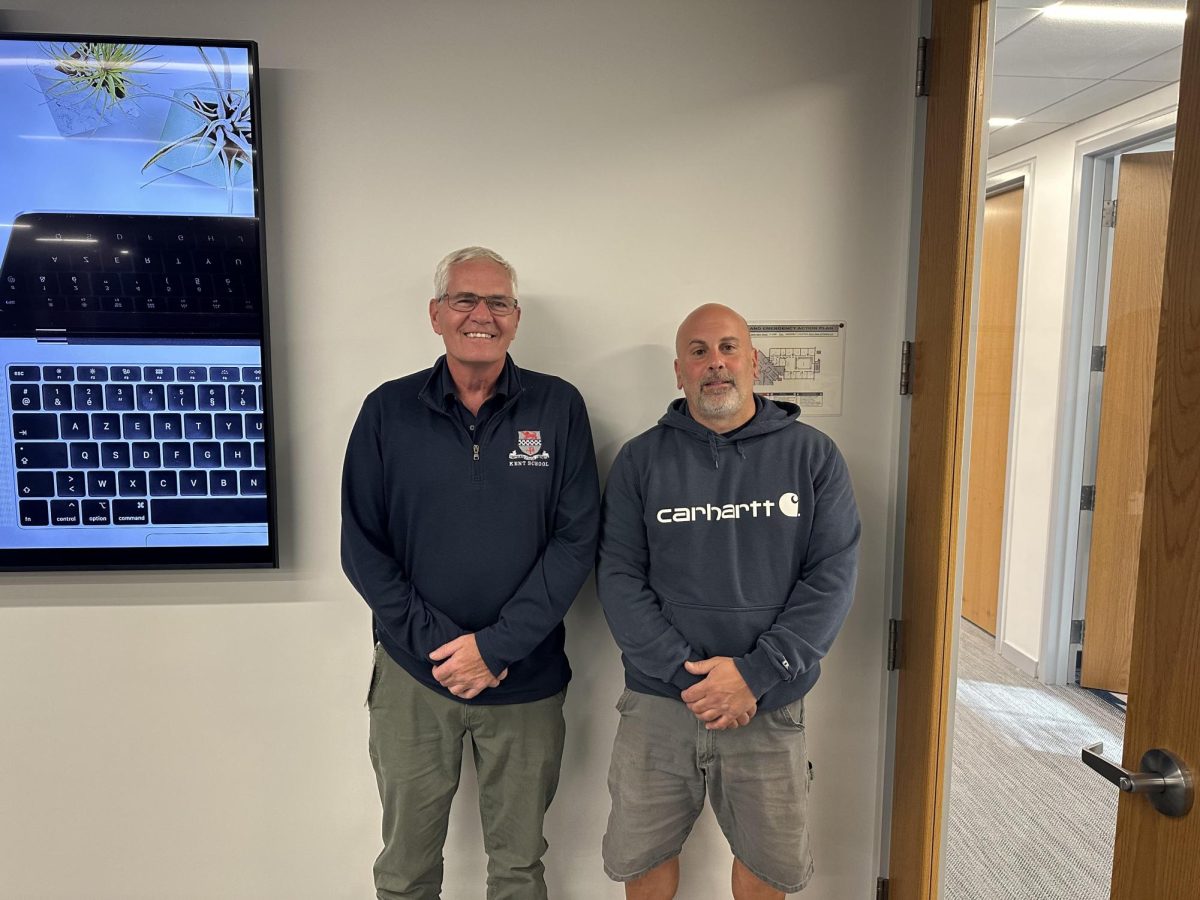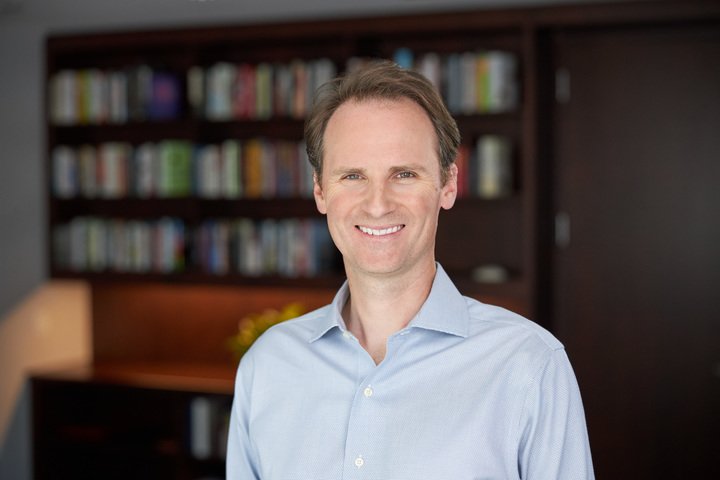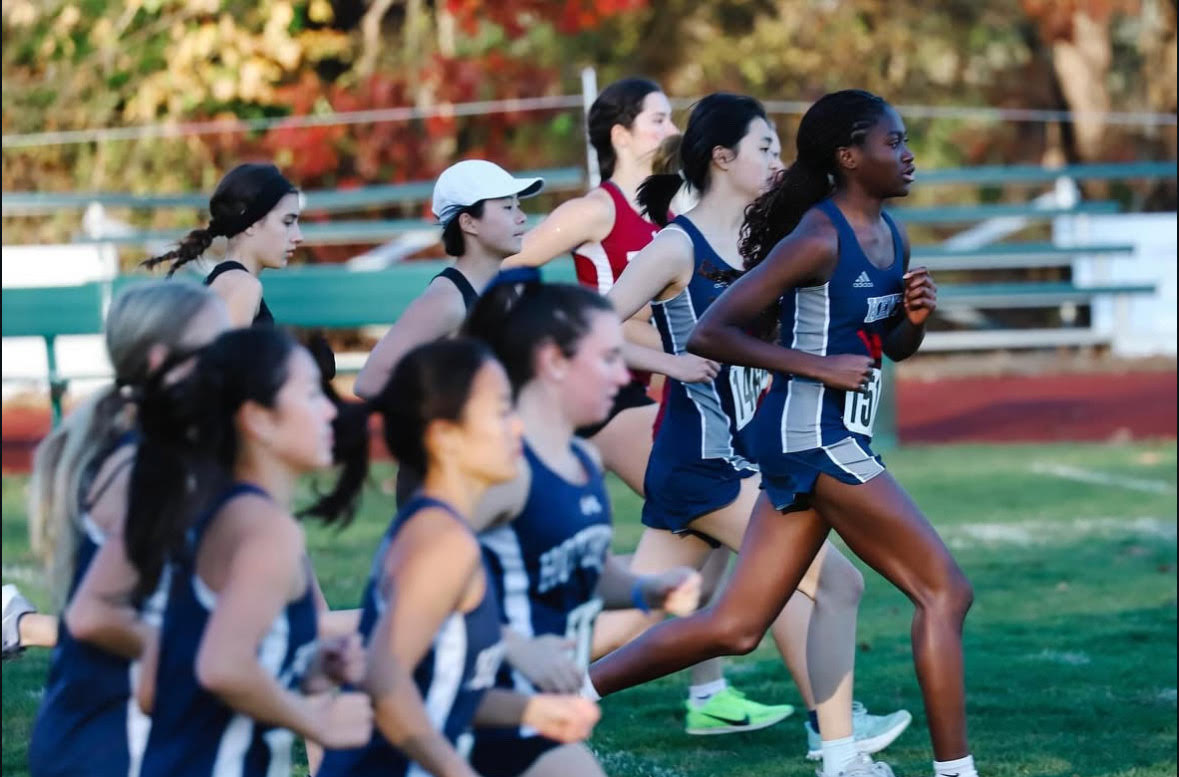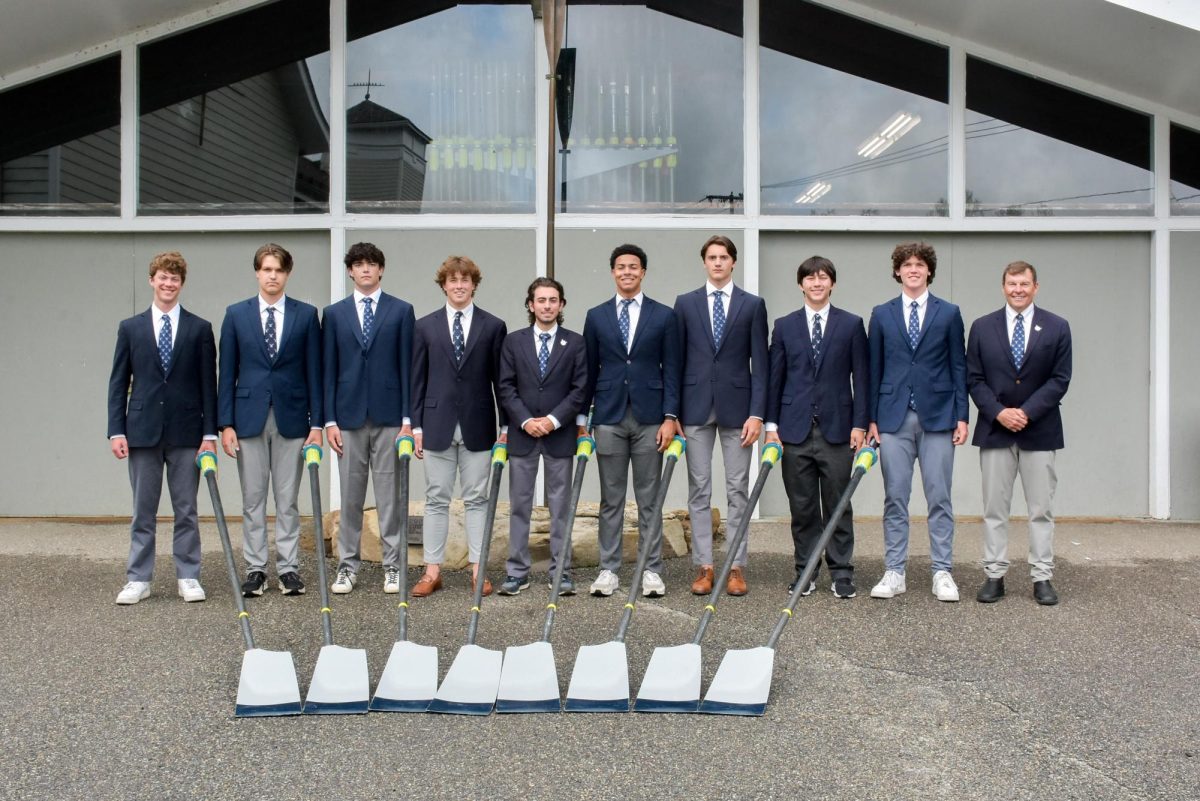This school year, Kent has started a new school policy about phone usage. This idea was originally proposed by Mr. Hirschfeld, and was implemented by Dr. Kearney, the Director of Wellness, Mr. Hunt of the English Department, and SC member Robby Ober. “We are trying to figure out a way to give our students and adults the ability to have a healthy relationship with phones and learn how to limit screen time,” Dr. Kearney said.
Technology developed rapidly. The easiest place to access social media is through our phones. Research shows that even having a phone in the backpack is distracting students. Realizing the severity, Julia Gavin ‘23 developed a plan to survey students with the help of Dr. Kearney and Mr. Hunt. These went out to all faculty, students, and parents. “We did a lot of things to get all the perspectives we could,” said Mr. Hunt. “Trying to make the process as democratic as possible, we collected opinions from the Athletic Director, the Dining Hall staff, and all the people in charge of the cell phone-free zones.”
According to the survey, the average time for a student on social media per day is 3 hours; that means that the total time Kent students spend on their social media equals a whole spring trimester. The Cell Phone Task Force used this feedback to develop a plan for a policy for this year: “In the spring term, we talked about potentially limiting screen time in the community to ensure a stronger community and try to bring back more in-person conversation to Kent,” Robby said.
When the policy was first brought up to the teachers, most of them were excited. “To us, it’s really important to see our students disconnect with their phones and maybe spend the first five minutes of the class getting to know your peers. ” On the other hand, many students were initially unhappy. Phones contain a lot of personal information, and Robby said that they were initially concerned about privacy, “But students’ reaction was better than I thought. They start to understand that this policy is helping them interact and get to know more people, which is what boarding school is about. Students have this opportunity to know people from all over the world, and they are beginning to realize that not being on their phones as much will benefit them with better social interaction.”
Besides causing distraction and time management issues, social media brings a lot of problems to students. “Body comparison and bullying online make students feel more and more stressed,” Dr. Kearney pointed out. Recently, students have told Mr. Hunt that it is getting harder to begin a conversation with a stranger; in other words, students are lacking social skills. Online communication is qualitatively different from in-person, and it is quite obvious that students are becoming more dependent on social media communication. “There is research linking cell phone use to decreasing empathy in your generation,” Mr. Hunt said. He gave an example, “If you break up with your partner through texts instead of in person, you cannot see the pain of each other.”
Dr. Kearney believes that being present is important for everyone’s wellness, and a quick hello goes a long way. She noticed that there were some students excited about the policy. “They realized how social media is impacting their wellness and class environment. To me, that is a critical moment of behavior change.” For Mr. Hunt, the most impressive part of the program was trying to reach common ground with every opinion they got. “It was satisfying because I really feel like the final policy is the result of teamwork instead of me and Dr. Kearney dictating.”
The cell phone policy definitely has led to some improvements. Mr. Hunt said, “It is happy to see now everybody is turning their phones before each class. There is less phone use in the chapel and servery; however, we still notice many people, instead of looking up and saying hi to one another, just looking at their phones and scrolling while walking in the hallway and walkway. That’s an area where I think we can do better.”
Robby also agrees, “Setting boundaries of the policy is hard,” he said, “but students are getting better and having more conversations in the dining hall, which is benefiting our community a lot.” Robby brings up that sometimes there are students telling their friends or classmates to put phones away, “that’s the impressive thing I see to make our community better and stronger.”
Lasly, Dr. Kearney and Mr. Hunt shared their plan about the next step of the policy: “educating new students about the policy itself is something that needs to happen. Students should understand the reason behind certain rules.” Moreover, Kent might have a policy on headphone usage that could be implemented either next year or this spring term.


